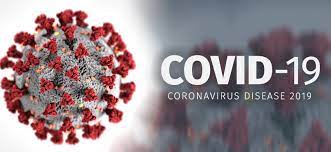
In a groundbreaking revelation, recent studies published in Nature Medicine showcase a remarkable potential for reducing cervical cancer mortality rates in low-to-middle-income countries. The studies, spearheaded by researchers at the Daffodil Centre—a collaboration between Cancer Council New South Wales and the University of Sydney—emphasize the pivotal role of updated World Health Organization (WHO) screening guidelines.
Focusing on HPV screening in both the general population across 78 countries and specific scenarios for women with HIV, these studies highlight the significant impact of implementing WHO’s recommended shift from traditional methods to HPV DNA testing.
Dr. Kate Simms, lead author of the first study, underscores the importance of this shift, stating, “Low-and-middle-income countries bear most of the world’s cervical cancer burden, so demonstrating the effectiveness of HPV-based screening compared with other approaches is crucial to advocacy to support the WHO strategy and guidelines.”
The studies found that primary HPV screening, when offered every five years, could remarkably reduce mortality rates by an impressive 63-67%. Unlike subjective methods like visual inspection, HPV DNA testing offers an objective diagnosis, eliminating result interpretation ambiguity.
Moreover, Dr. Michaelia Hall, lead author of the second study, highlights the increased risk faced by women with HIV, citing a six-fold higher risk of cervical cancer compared to the general population. Dr. Hall’s study, focusing on Tanzania, unveiled the significance of HPV testing in co-existing HIV and HPV infections prevalent in these regions.
The findings showed that primary HPV testing with triage, compared to no screening, could potentially reduce cervical cancer mortality by up to 71%. This translates to saving a life for every 38 women screened and referred for pre-cancer treatment, marking a substantial breakthrough in cancer screening benefits.
These studies provide robust evidence supporting the WHO’s guideline update recommending HPV DNA testing over conventional methods. Implementation of these findings could pave the way for a paradigm shift in cervical cancer prevention, potentially saving countless lives in resource-constrained settings globally.










